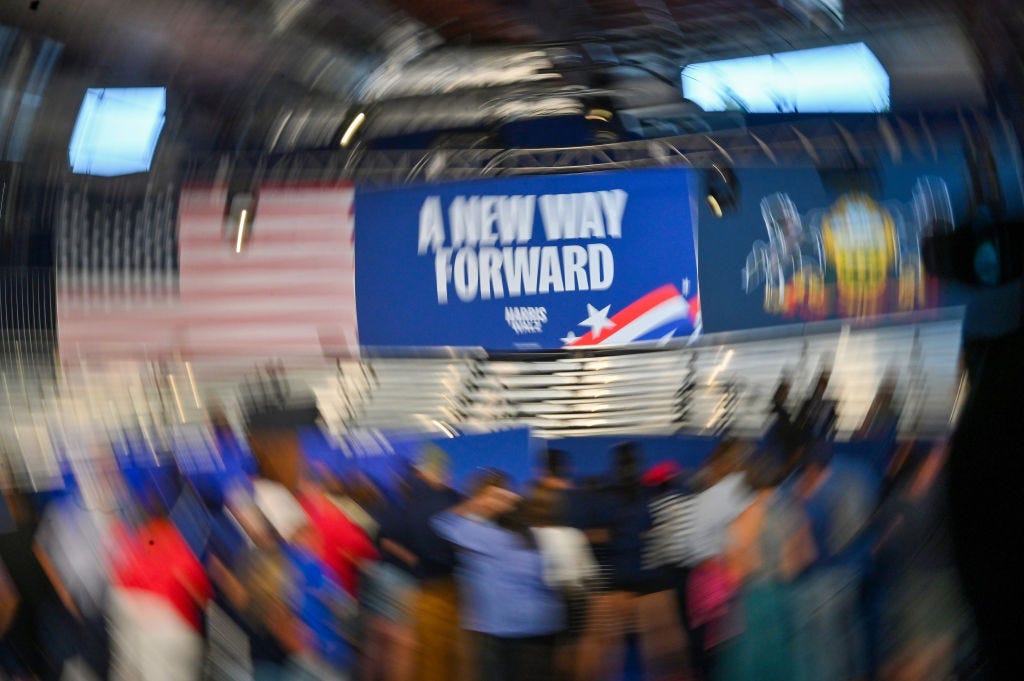Welcome to the rebuilding years
After the post-mortems, how about thinking about what we birth from here?
It’s already happening.
Within hours of the presidential election being called for Donald Trump, the recriminations began, the I-told-you-sos surfaced, and out came analyses of what went wrong that just so happened to confirm everything the analyst already thought.
In the coming days, expect everyone with an ax to grind or consulting practice to sell to o…




